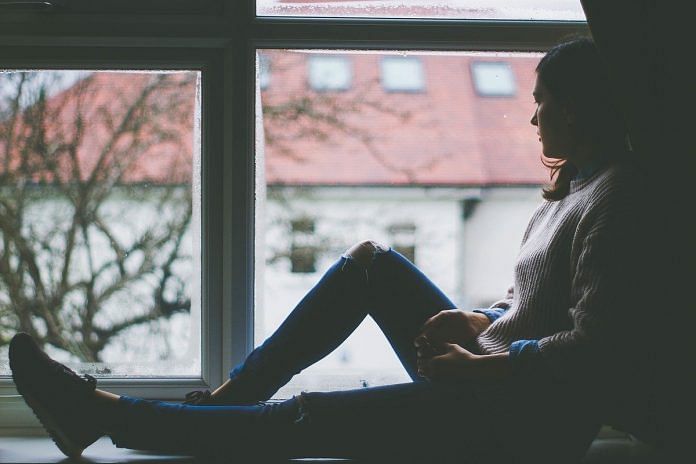New Delhi: As many countries have begun easing Covid-19 restrictions and economies starting to open up, some governments have introduced the concept of ‘social bubble’ to help people cope with isolation.
The general principle of a social bubble is that each household is allowed to interact with only one or two other families. The idea behind this is to help ease emotional distress caused due to physical separation from one’s loved ones.
Belgium Sunday allowed every household to invite up to four guests. Two sets of four people will make a “corona bubble” in the country. This group of people is permitted to visit each other’s homes but not allowed to meet anyone else outside of the circle.
New Zealand, too, has adopted the strategy of letting people meet close relatives and friends. But the country’s government has issued precautions about respecting the bubble. “It’s important to protect your bubble if you extend it. Keep your bubble exclusive and only include people where it will keep you and them safe and well,” the government has said in a statement.
Germany has similarly adopted the strategy of allowing two different households visit each other’s homes.
The United Kingdom is also likely to follow suit as it prepares to ease restrictions in the coming weeks. The Boris Johnson administration has said that it was “very alive to the issue of social isolation and the need for mental wellbeing”.
Meanwhile, in countries such as France, Austria and Denmark, social gatherings consisting of up to 10 people are now permitted.
Across Europe, businesses are reopening and children are slowly going back to school. In Germany, shops are reopening while schools have only partially-opened for young children and those taking exams.
People in France are no longer required to produce travel certificates, and car journeys within a radius of up to 100-km from one’s home are now allowed.
From Wednesday, citizens of England will be allowed to visit beaches and parks outside their homes. In Denmark again, shopping centres, cafes and restaurants are slowly reopening.
Also read: Australian soap opera Neighbours resumes filming, safety rules include no kissing or touching
‘Social bubbles can prevent virus from spreading’
The idea behind social bubbles is to let citizens make contact with people outside of their households, while still keeping this group tightly restricted.
“If we all interact within this small group of people, we can prevent the virus spreading further,” said Per Block, an Oxford University sociologist.
Belgium Prime Minister Sophie Wilmès took the decision of adopting the social bubble strategy after coming under attack for prioritising the nation’s economy over people’s wishes to be reunited with friends and families.
The number of people in one bubble has been kept at four in Belgium because epidemiologists, who advised the government, believe that it will make contact tracing easier and limit any potential spread of the infection. They also chose the number four because it matches current capacity to do contact tracing if someone falls ill.
Pairing two households allow people who are close friends/family to maintain contact, while also reducing the risk-multiplier effect that would come from allowing more varied mixing.
“Social bubbles are based on the idea that people have ‘close friends and family’ with whom they interact most frequently. These are both the people you are most likely to infect and the people who are easiest to track down when contact tracing,” explained Dr Joshua Moon, a researcher at the University of Sussex Business School.
Also read: Why DU, BHU, AMU or JNU students don’t want to go home despite trains and buses resuming



